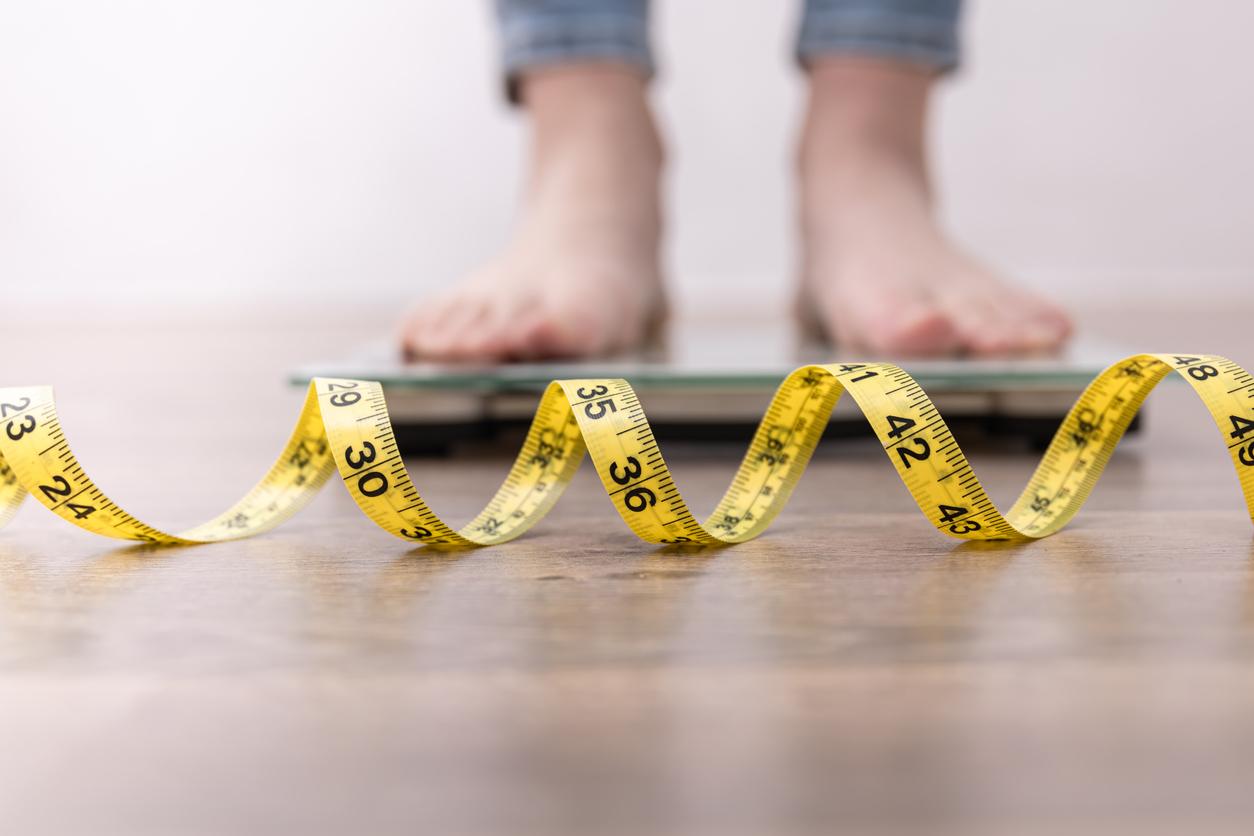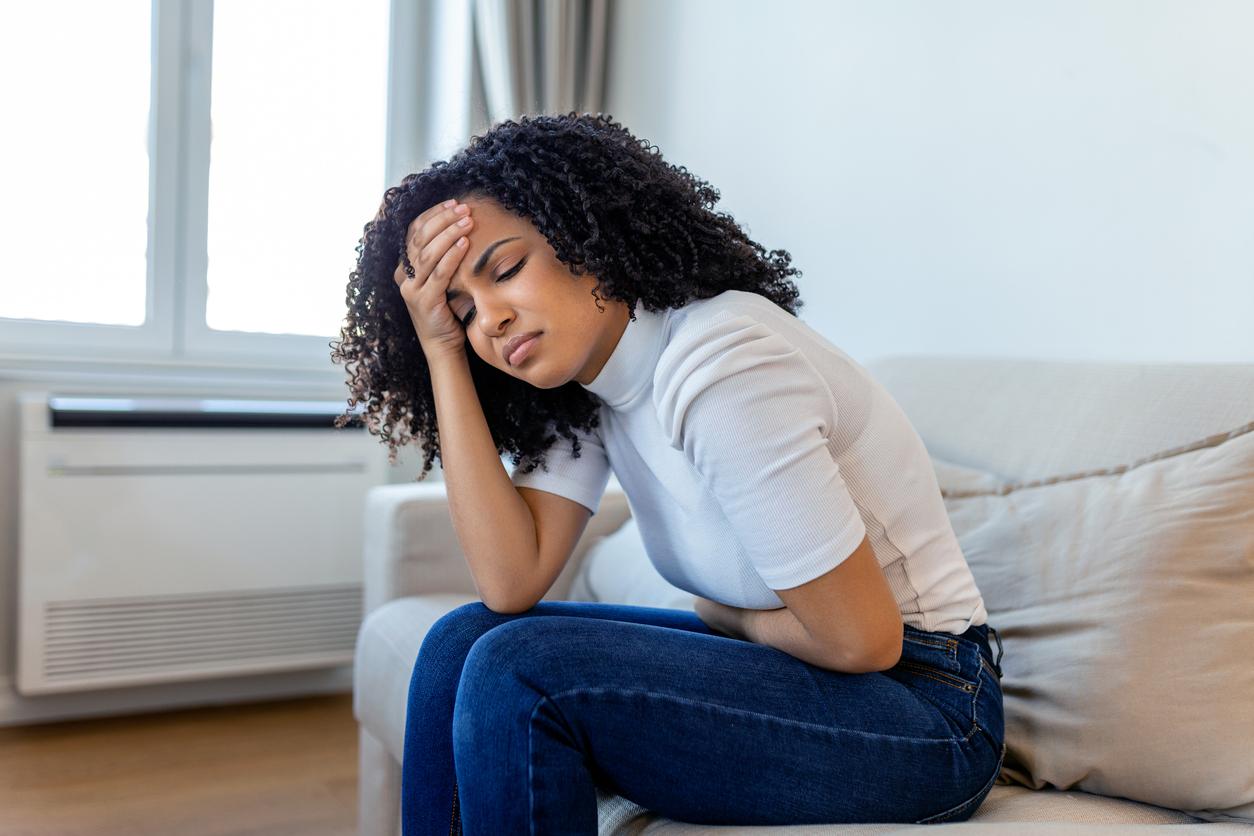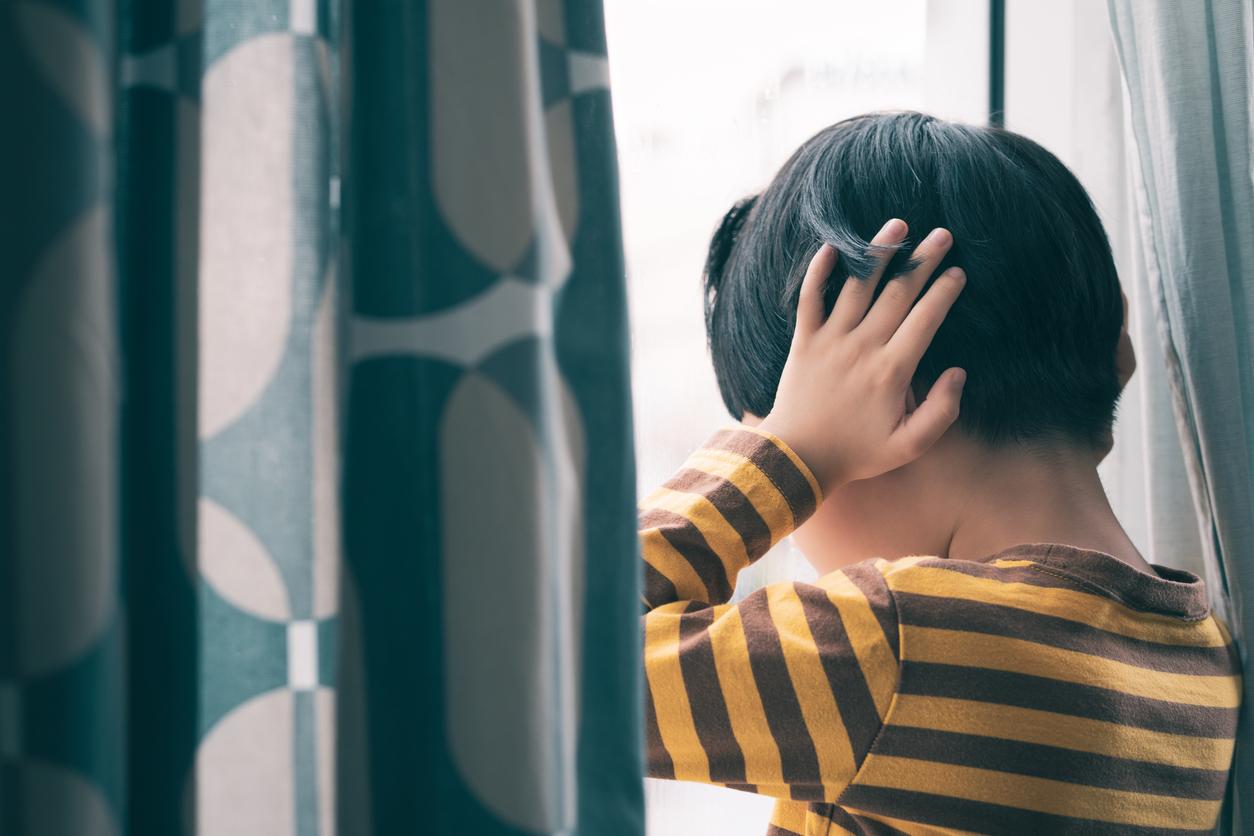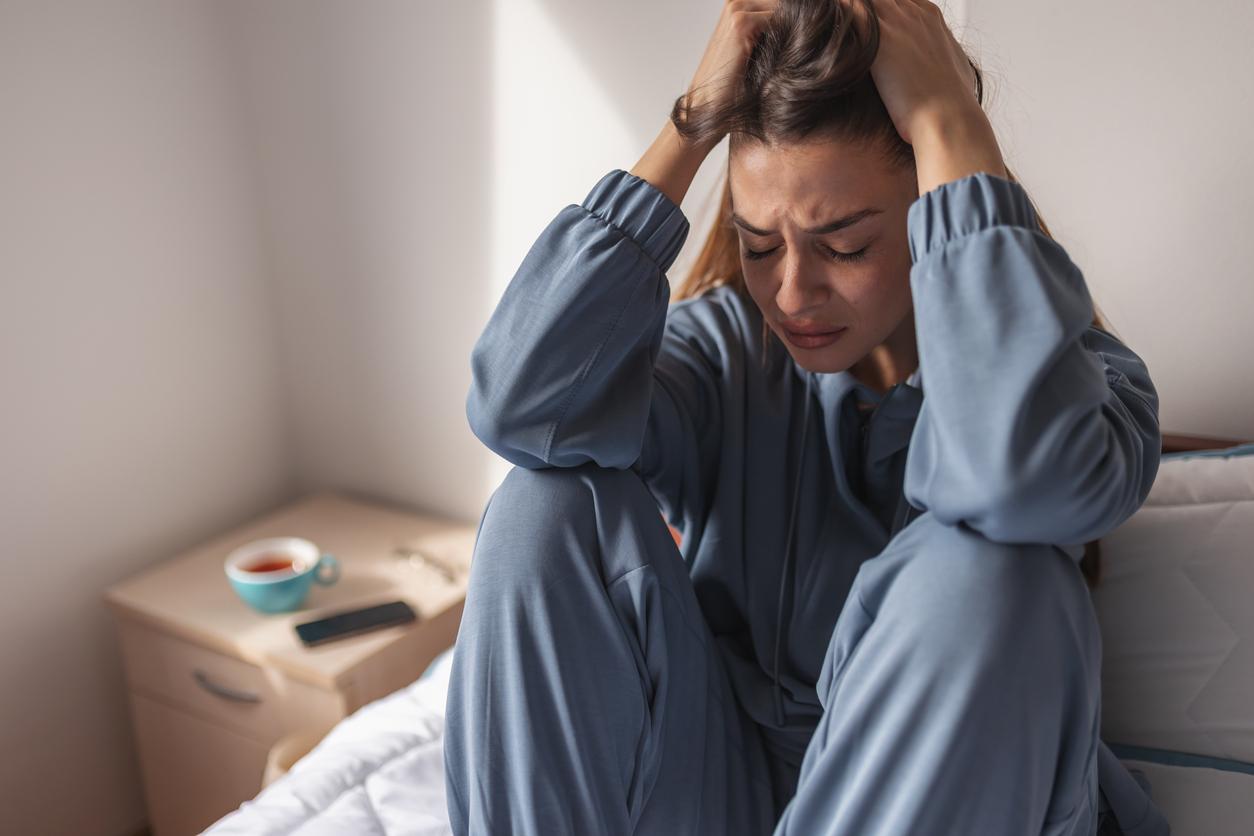An Ipsos study for the Federation of General Student Associations reveals that more than three quarters of 18-25 year olds say they have been affected psychologically, emotionally or physically by the health crisis.
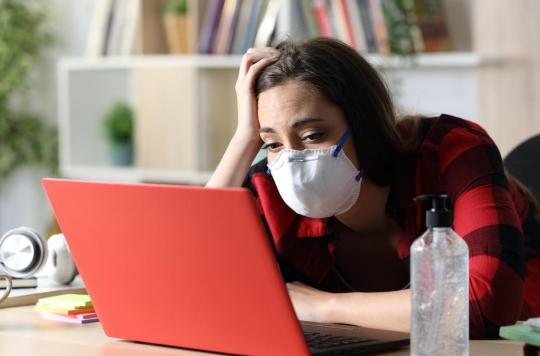
- More than nine out of ten students (94%) mention a dropout linked to the epidemic and 67% believe that the crisis devalues their diploma.
- More than 7 out of 10 young people (72%) said they had encountered financial difficulties in recent months.
- The president of the Fage offers a universal youth guarantee for all 16-30 year olds.
Although they represent the adult age category least at risk, young people bear the full brunt of the psychological consequences linked to measures restricting liberty. Why Doctor recently offered them a forum through the series “student distress” by giving, in turn, the floor to a student, a social mediator and a psychologist who shared the reasons for this suffering. A new Ipsos survey for the Federation of General Student Associations (Fage) suggests that 76% of 18-25 year olds have been affected psychologically, emotionally or physically.
Suicidal thoughts on the rise
In June 2020, a similar study already revealed great unease among young people linked to the health crisis. Nearly a year later, nothing or almost nothing has changed since the psychological distress tends to progress. In the meantime, the government has tried to act, in particular with psychiatric checks or meals at 1 euro, but it does not seem to have been enough. “Some measures go in the right directionrecognized President Paul Mayaux, questioned by the Sunday newspaper. But they were late, badly applied and do not correspond to real needs..”
In figures, the deterioration in the mental health of young people is materialized by greater psychological, emotional or physical distress (+ 3 points) but also more suicidal thoughts which affect 27% of respondents (+ 4 points). On this last point, the figure rises to 31% among students, rises to 40% among those who are also employed and even reaches 42% for young people looking for their first job.
Schooling, a big black spot
Regarding young people and studies, the situation today is worse than a year ago. More than nine out of ten students (94%) mention a dropout linked to the epidemic (+ 10 points) and more than two out of three (67%) fear that the crisis will devalue their diploma (+ 22 points). In addition, nearly two out of three respondents (60%) believe that the health crisis has had an impact on their orientation project.
The precariousness of young people is also on the rise. More than 7 out of 10 young people (72%) said they had encountered financial difficulties in recent months. For those who are looking for a job, the situation has worsened since the share of those who have had difficulty paying their rent has jumped by 15 points and concerns 69% of respondents. Figures that are confirmed for the payment of medical procedures or drugs since 55% had difficulty paying for them (+14 points).
A universal youth guarantee for all 16-30 year olds?
The president of Fage, Paul Mayaux, insists that the government go further in helping young people. “It is time to boost a real dynamic and to engage in structural reforms”, he pleads and proposes, for example, a “reimbursement of consultations with the psychologist for the entire population” and not just for students. The latter also defends a universal youth guarantee for all 16-30 year olds. “Unlike a young RSA, this would support them throughout their procedures“, he believes. A wish shared by young people since, according to the survey, 81% of them want support for professional and social integration.
.













